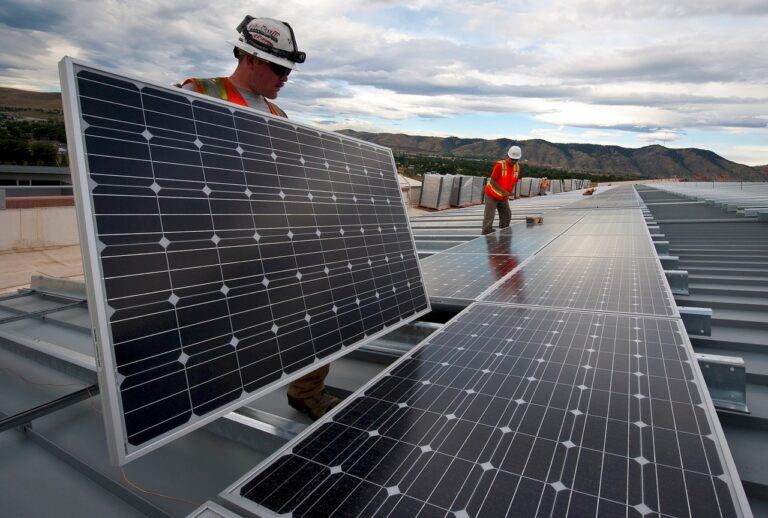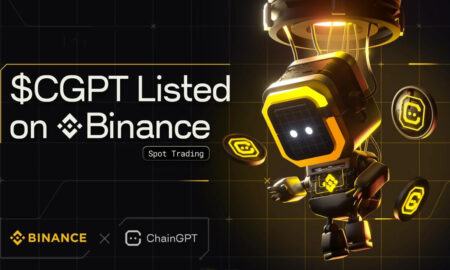SP Group, one of the largest corporations in Singapore focused on providing electricity and gas transmission, announced the launch of a blockchain-based renewable energy certificate (REC) marketplace on October 29th.
SP Group introduced the REC platform during the ASEAN Energy Business Forum currently being held in Singapore. One of the main goals of using a blockchain-enabled system to issue RECs is to make the process more efficient and transparent.
Samuel Tan, the chief digital officer at the SP Group, said:
Through blockchain technology, we enable companies to trade in renewable energy certificates conveniently, seamlessly and securely, helping them achieve greener business operations and meet their sustainability targets.
Renewable Energy Certificates (RECs)
Local, regional, and international RECs will be supported in SP Group’s marketplace, and each certificate will be proof, or evidence, that a certain amount of electrical power was generated by solar energy sources.
Singapore-based real estate developer, City Developments Limited, and multinational banking services corporation, DBS bank, have registered as REC buyers. Additionally, Cleantech Solar Asia, Katoen Natie Singapore, and LYS Energy Solutions have agreed to “place their assets on [SP’s] marketplace for sale of RECs.”
In October of 2017, Singapore-based Solar Bankers announced the launch of a peer-to-peer (P2P) network for the production and trade of clean and renewable energy. The initiative is supported by Solar Bankers’ energy-generating devices, and SkyLedger’s blockchain-powered energy-sustainable network.
Other decentralized sustainable-energy projects include LO3’s blockchain-based Energy solution. LO3’s products aim to make the process of “generating, storing, buying, selling” and consuming energy more efficient.
Blockchain Technology Integrated Into Energy Marketplaces
As explained on LO3’s official website, the company has used blockchain technology and its own solutions to develop “Exergy”, which is described as “a permissioned data platform that creates localized energy marketplaces for transacting energy across existing grid infrastructure.”
As CryptoGlobe covered in September, former Tesla vice president, Ben Hill, joined Solo Energy, a company focused on the trading of blockchain-based renewable energy products.
Solo Energy aims to use distributed ledger technology (DLT) to establish “Virtual Power Plants” – which are formed by joining grid-connected electric vehicles. During periods of low energy consumption, the solar batteries in the virtual power plants are charged up, and also when there is an over-supply of energy. This stored energy can then be used when demand exceeds capacity.









